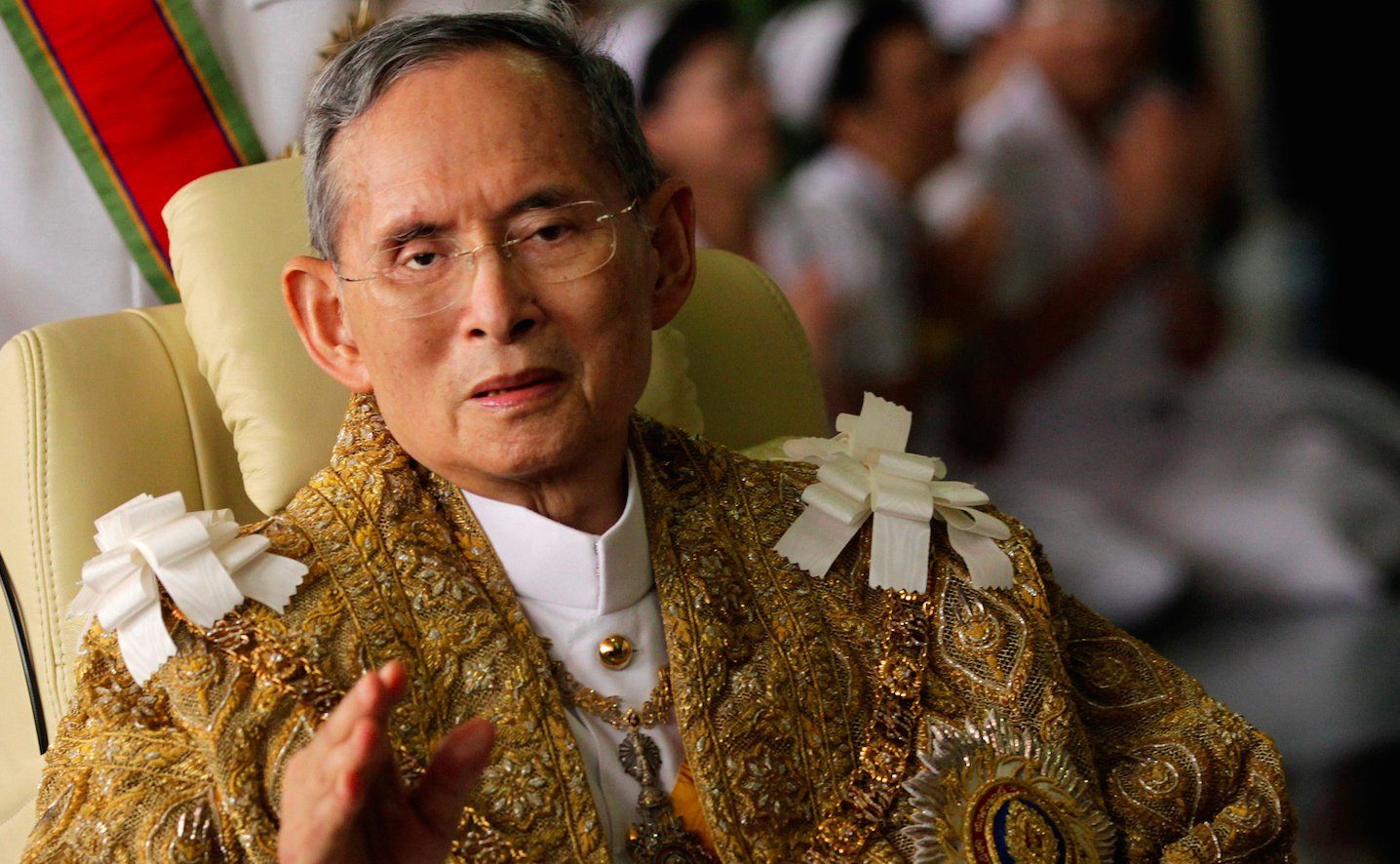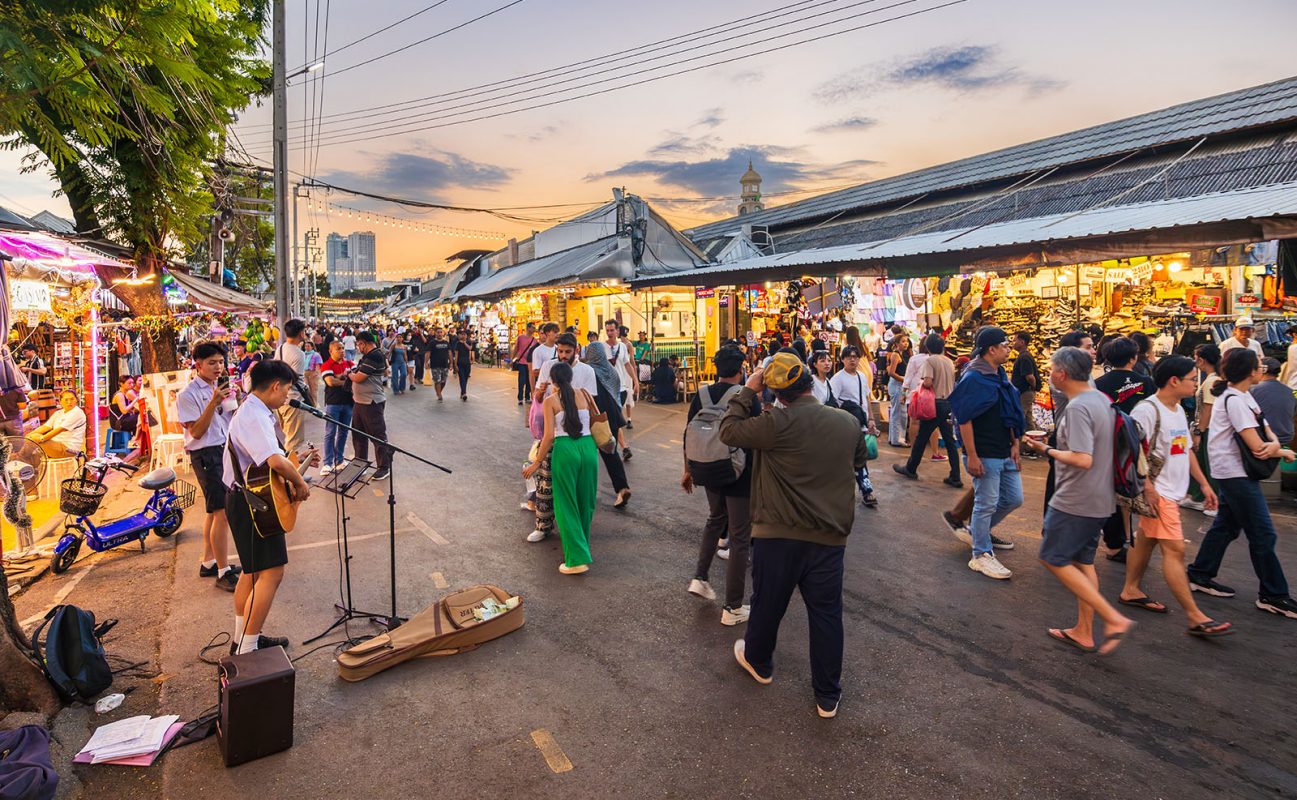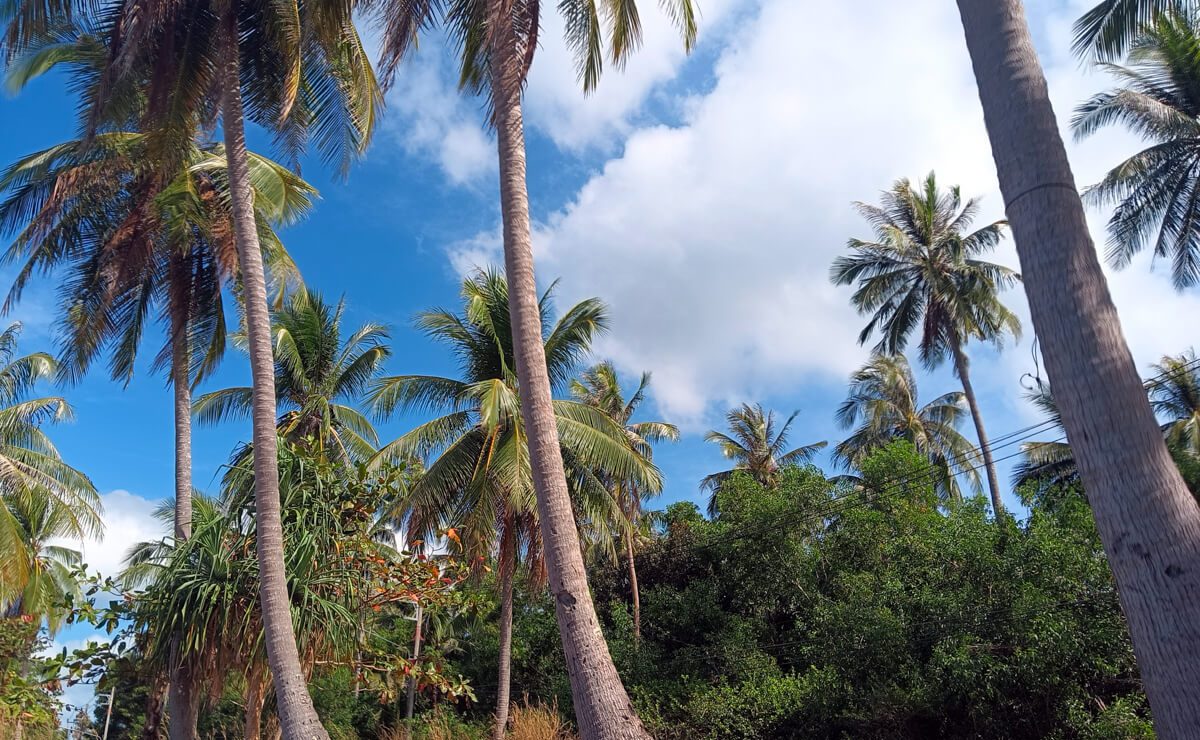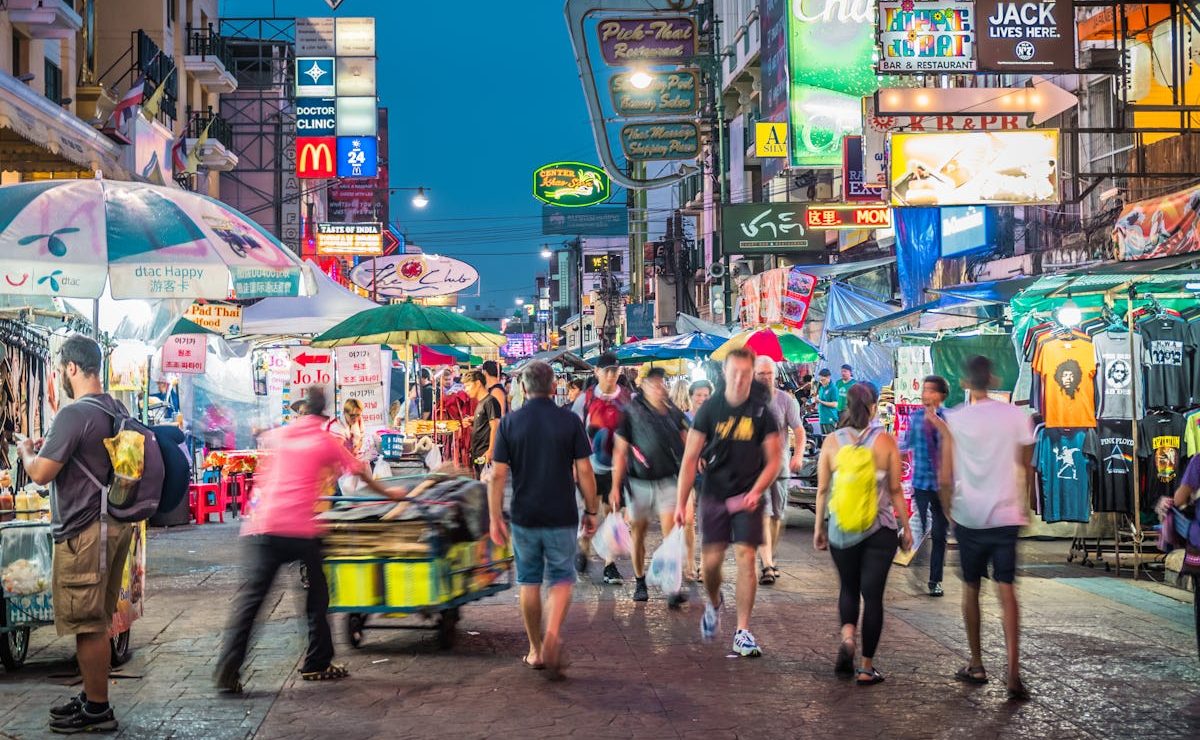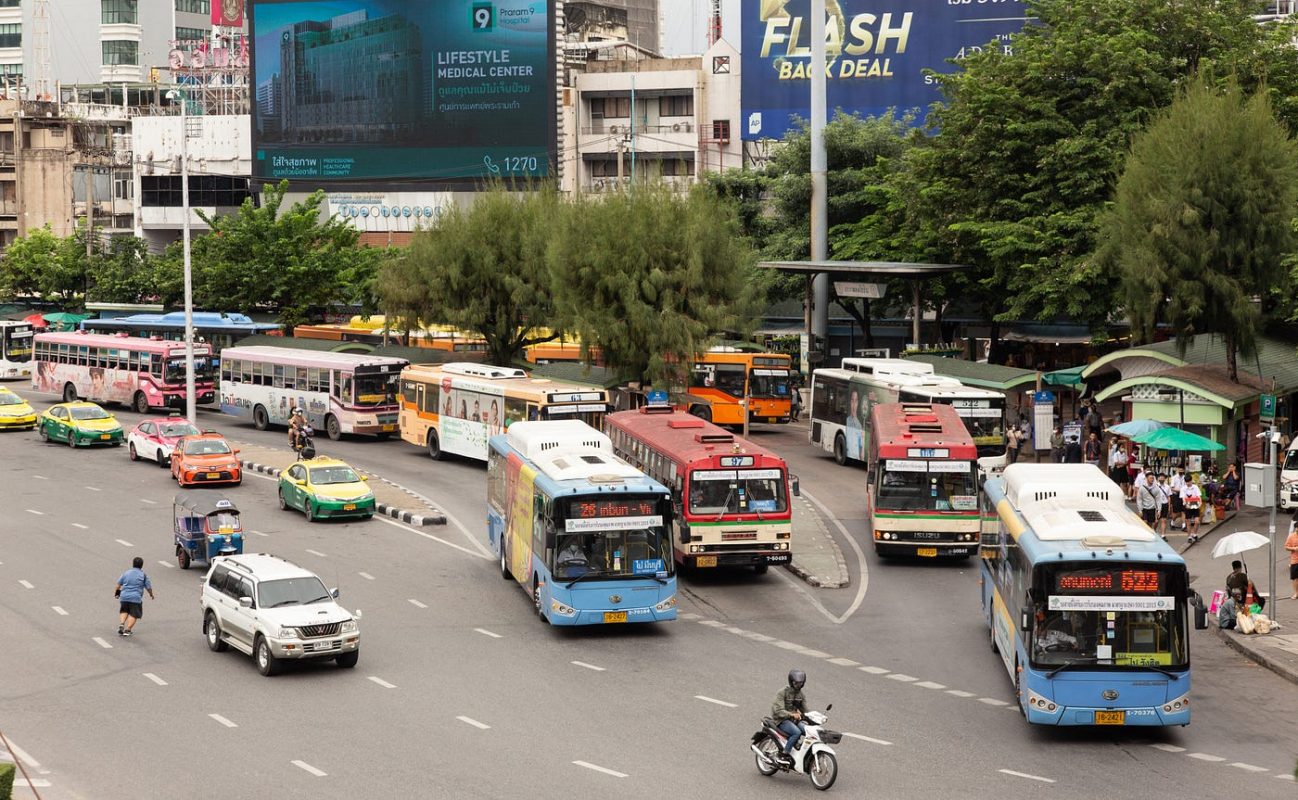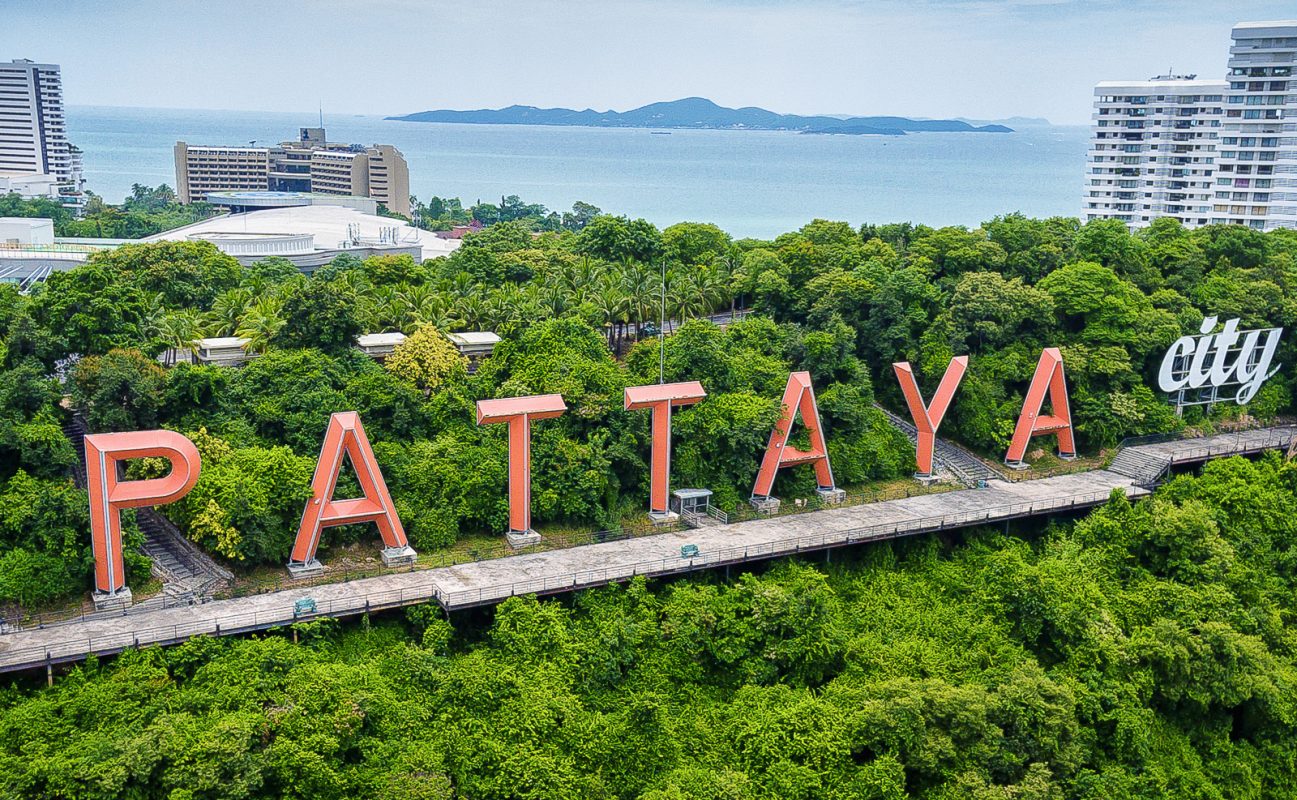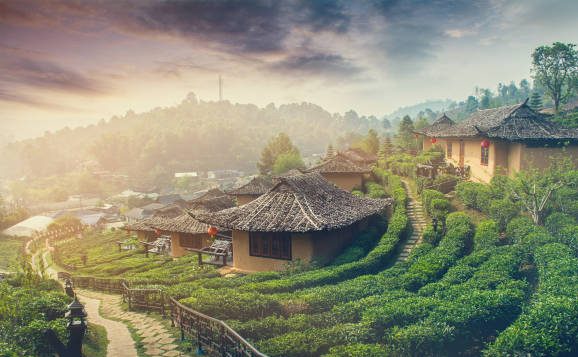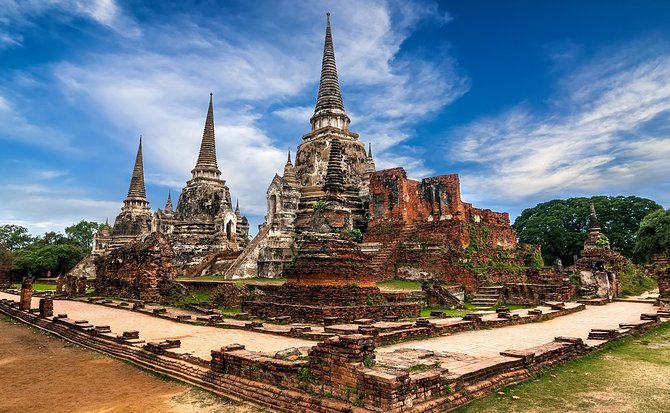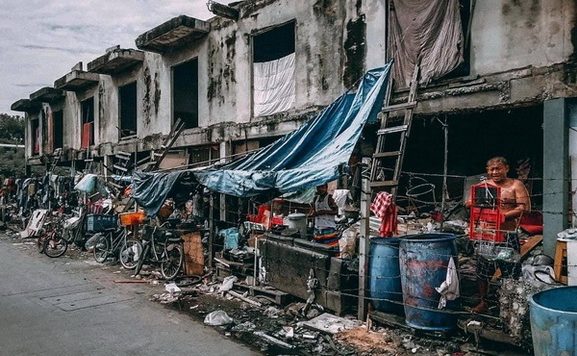King Bhumibol Adulyadej, the ninth monarch of the Chakri dynasty, ruled Thailand for over seven decades. Revered as a symbol of unity and stability, he devoted his life to the progress of his people and the preservation of his country’s traditions.
His reign, which began in 1946 and lasted until his death in 2016, marked one of the most transformative periods in Thailand’s history.
Early Life and Education

Born on December 5, 1927, in Cambridge, Massachusetts, King Bhumibol Adulyadej, also known as King Rama IX, was the youngest son of Prince Mahidol Adulyadej and Princess Srinagarindra.
His birth in the United States was a result of his father’s medical studies at Harvard University.
King Bhumibol spent his early years in Switzerland, where he received a broad education in science, engineering, and the arts.
His academic background equipped him with a diverse skill set that later shaped his approach to problem-solving in Thailand.
Accession to the Throne
In 1946, tragedy struck when his elder brother, King Ananda Mahidol, passed away under mysterious circumstances. At just 18 years old, Bhumibol ascended the throne.
Initially inexperienced, he committed himself to learning about Thailand’s complex socio-economic and cultural landscape. His early years as a monarch were marked by a deep sense of responsibility to his people.
Commitment to Development and Rural Projects
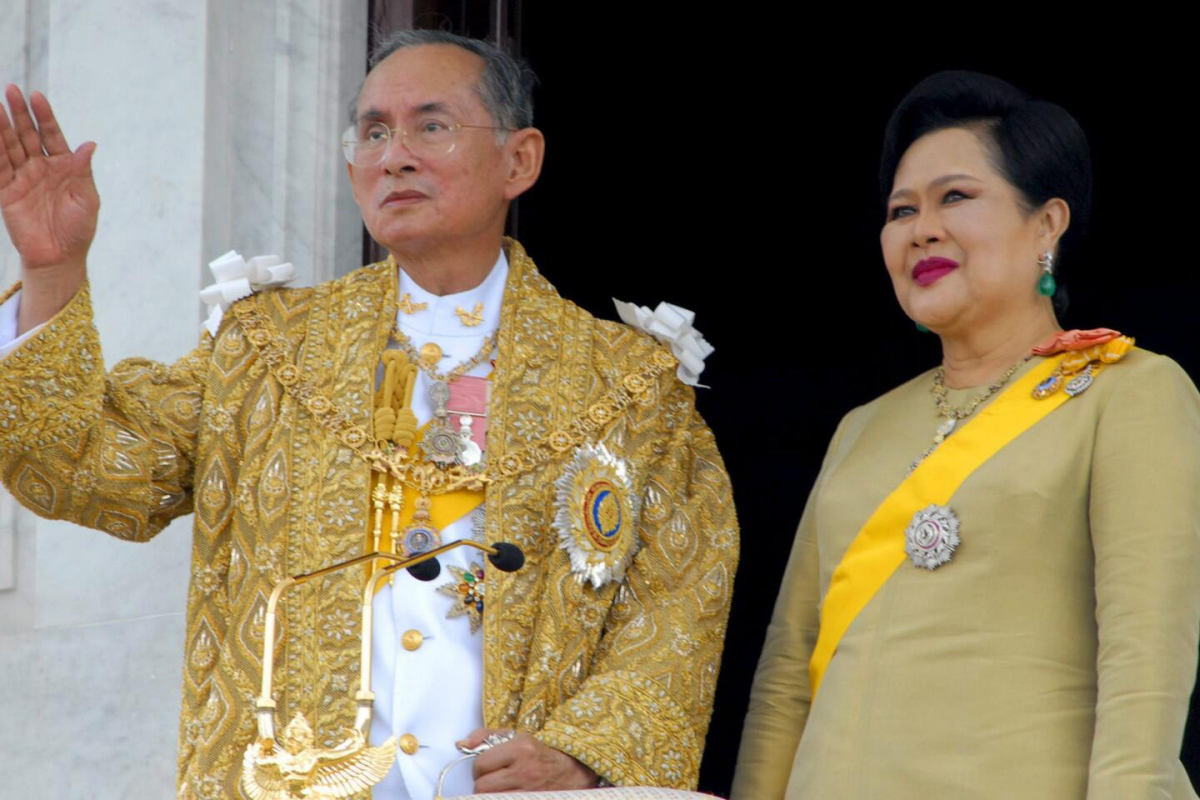
King Bhumibol championed sustainable development and self-sufficiency. He initiated over 4,000 development projects, focusing on agriculture, water management, healthcare, and education.
One of his most notable contributions was the concept of the “Sufficiency Economy Philosophy.” This approach emphasized moderation, prudence, and resilience as pathways to sustainable development. He encouraged farmers to adopt sustainable practices, ensuring long-term benefits over short-term profits.
King Bhumibol also addressed Thailand’s water scarcity issues by pioneering rainmaking technologies, known as “Royal Rainmaking.” This innovation proved invaluable in boosting agricultural productivity and alleviating drought conditions.
The People’s King: King Bhumibol Adulyadej

King Bhumibol was affectionately referred to as “The People’s King” due to his close connection with the Thai people. He travelled extensively across the country, often visiting remote villages to understand their challenges firsthand. His ability to bridge the gap between the monarchy and ordinary citizens endeared him to millions.
During his visits, he actively engaged with local communities, listening to their concerns and offering practical solutions. His hands-on approach made him a revered figure who was both accessible and deeply empathetic.
Cultural Contributions and Artistic Talents
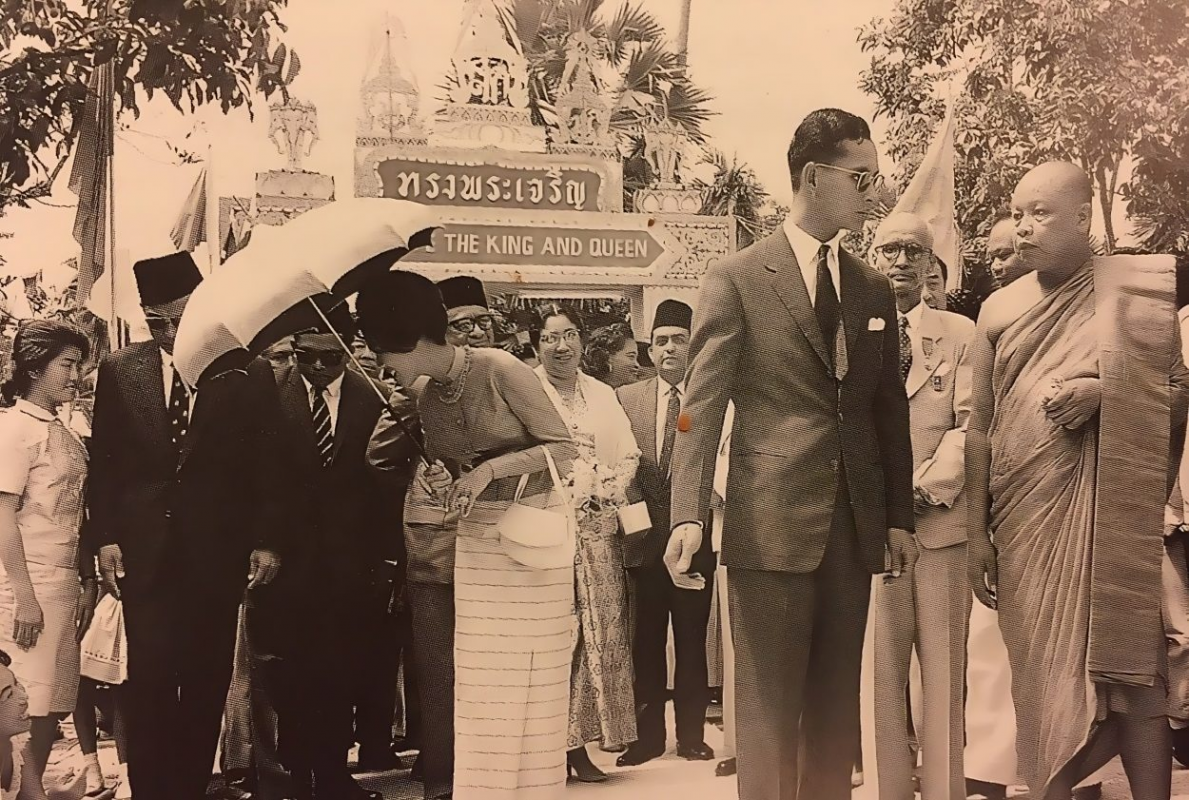
Beyond his role as a monarch, King Bhumibol was a talented artist and musician. He composed several jazz pieces, earning recognition from international music communities. His compositions, such as Candlelight Blues and Love at Sundown, are celebrated for their timeless appeal.
King Bhumibol was also an accomplished painter and photographer. His artistic pursuits reflected his deep love for Thailand’s culture and natural beauty. Through his works, he inspired the nation to take pride in its heritage.
Political Challenges and Leadership

King Bhumibol’s reign was not without political turbulence. Thailand experienced numerous coups and changes in government during his time as monarch. Despite the challenges, he maintained his position as a stabilizing force.
He often acted as a mediator during political crises, encouraging dialogue and resolution. His ability to navigate complex political situations without compromising the monarchy’s neutrality earned him widespread respect.
Environmental Advocacy

King Bhumibol’s commitment to environmental conservation was another hallmark of his reign. He initiated several reforestation projects and promoted the use of renewable energy. His efforts to combat deforestation and preserve Thailand’s natural resources showcased his foresight in addressing global environmental challenges.
Legacy of Unity and Stability
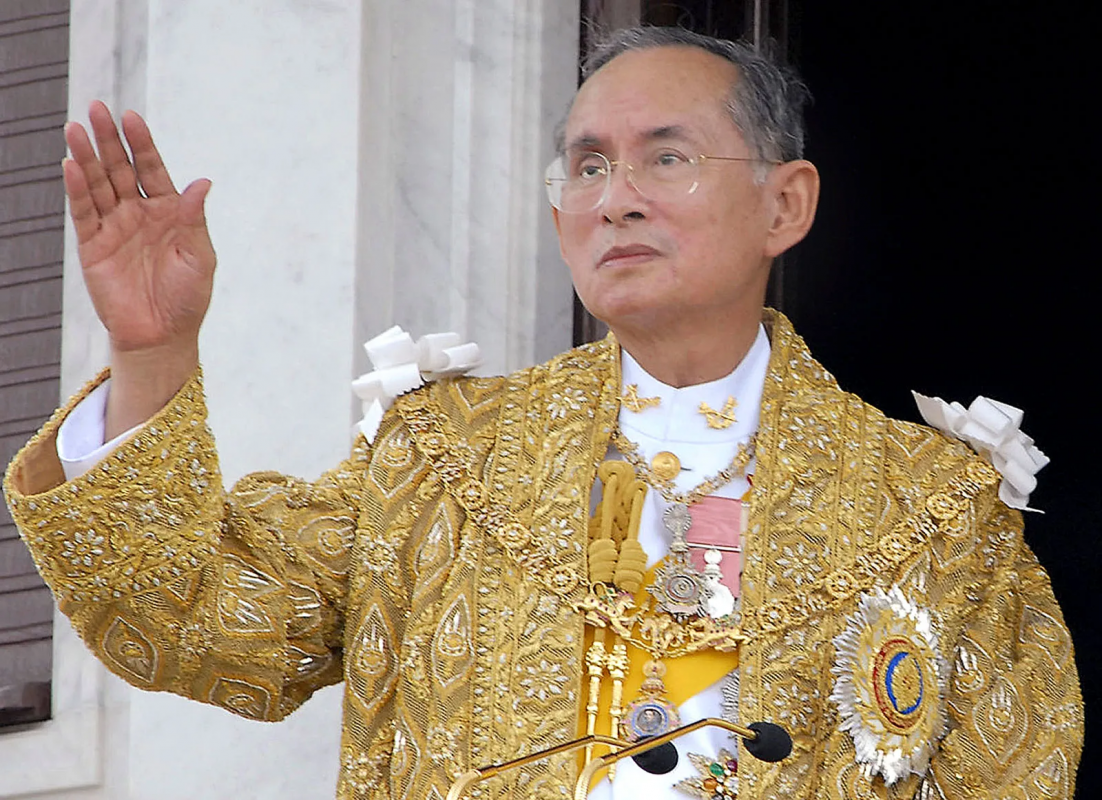
King Bhumibol’s leadership left an indelible mark on Thailand. He united the nation through his unwavering commitment to the welfare of his people. His philosophy of sufficiency and sustainable development continues to influence Thailand’s policies and practices.
Even after his passing on October 13, 2016, his legacy remains a guiding force for the Thai people. Monuments, museums, and educational programs celebrate his contributions, ensuring that his vision lives on.
King Bhumibol Adulyadej’s life was a testament to the power of selfless leadership. His dedication to his people, combined with his intellectual and artistic pursuits, made him a beloved figure not only in Thailand but around the world. As a monarch, innovator, and cultural icon, he set a standard for leadership that continues to inspire future generations.







